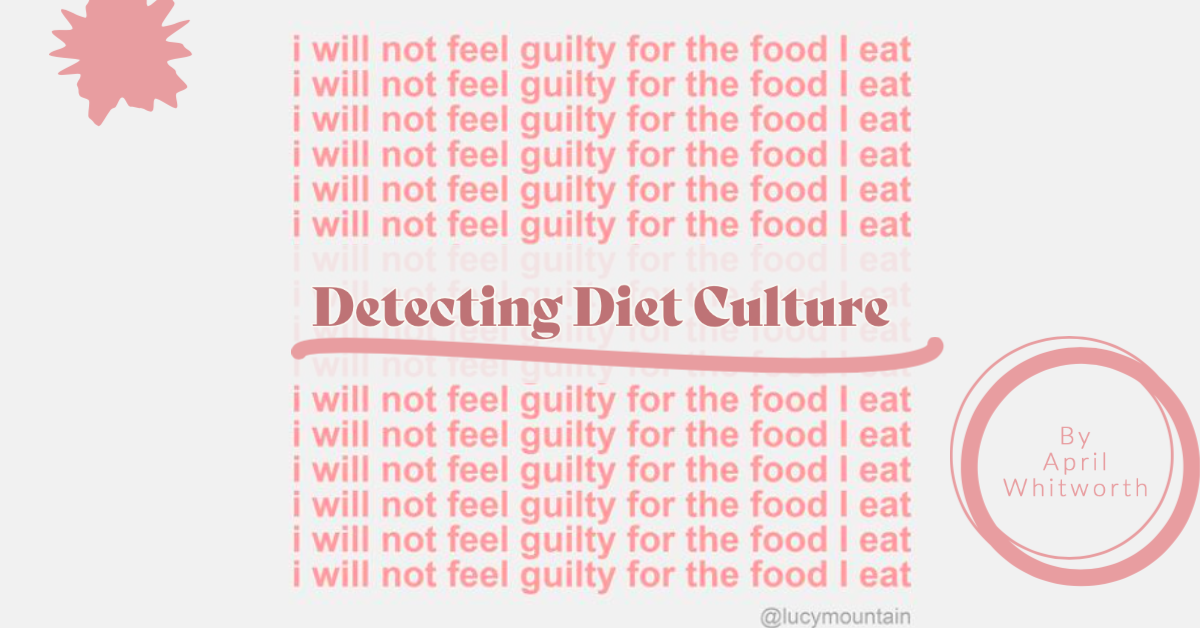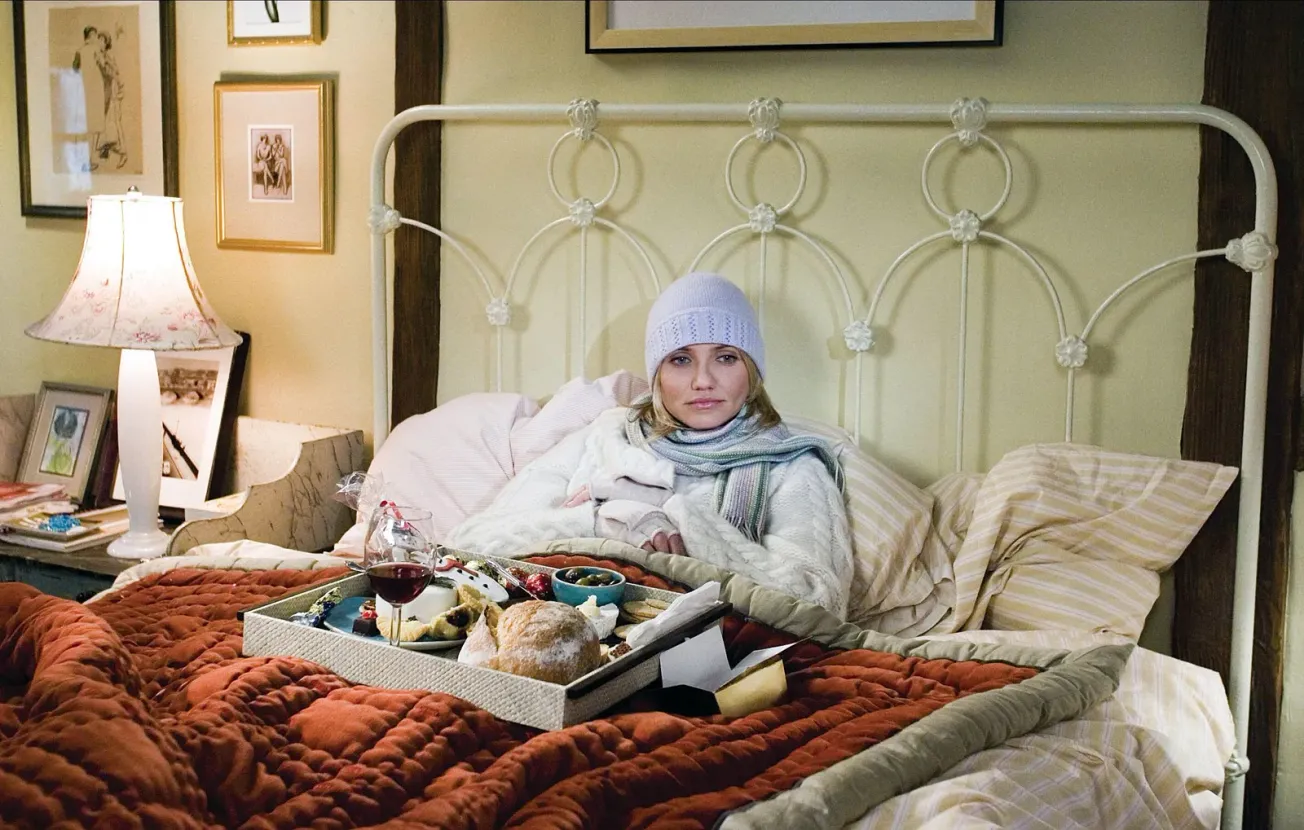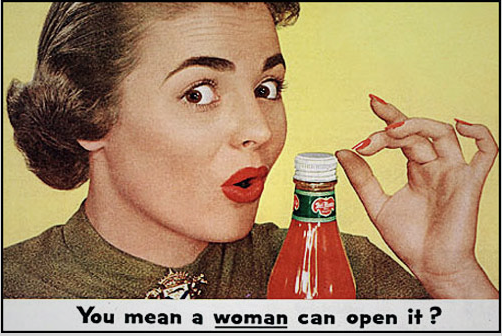By, April Whitworth, Third Year, Anthropology
Trigger Warning: Disordered and emotional eating
The Croft Magazine // Google defines comfort eating as ‘eating to make oneself feel happier, rather than to satisfy hunger’. This is a completely natural behaviour - even though diet culture tells us otherwise. In fact, eating food you enjoy, without guilt, is a sign of a positive relationship with food, not the other way round!
What actually is ‘diet culture’?
Diet culture is deeply ingrained in Western society. It values weight and shape over wellbeing, equating thinness to health - penetrating into virtually every area of our life, particularly online. Diet culture is defined by a plethora of toxic beliefs around food, body image and exercise. There is often shame around food: what we eat, how much, and even what time we eat it.
Morality becomes assigned to food:
Diet culture assigns food ‘moral value’. Foods become split into a binary of ‘good’ or ‘bad’. When you think about it this way it seems utterly ridiculous, but the language we use to speak about food is now so normalised. This dichotomy is reinforced with other phrases such as ‘cheat days’ and ‘naughty’ versus ‘guilt-free’ and ‘detox’.
Not only do we talk about foods like this, we then reflect upon ourselves: ‘Gosh I’m so bad, I just ate three chocolate cookies’. We need to stop this! All food is calories (there’s no such thing as good and bad ones) and we need calories to function. Inevitably, this language leads us to feel guilty about consuming certain types of food.
Food guilt:
This guilt surrounding food can be felt all year round, but it is especially prevalent around Christmas time. This is coupled with society telling us in January we should ‘detox’ and lose the ‘Christmas weight’.
If you stop seeing food as ‘good’ and ‘bad’, this will allow you to truly enjoy what you are eating: food isn’t just to fuel us. It is culture, it connects us with others - especially with loved ones at Christmas time.
Even if you ignore the seasonality, guilt is exacerbated during a pandemic. Social media is full of influencers pressuring you to do 38574 HIIT workouts a week and using lockdown to ‘get fit’. Remember - a pandemic is stressful! Every other part of your life has changed, it is completely normal if your eating habits alter too. But, regardless of a pandemic or festivities, you should give yourself unconditional permission to eat no matter what else is going on in your life.
The key is to control what you see: I have always struggled with body image, but this especially came to light during lockdown. I realised every time I went on my phone I became increasingly self-critical of my body and diet.
'Food isn't just to fuel us. It is culture, it connects us with others'.
By unfollowing photoshopped ‘fitspo’ accounts which guilt-trip and feed off insecurities, I made space for refreshing, body-positive, anti-diet culture accounts; my feed has never looked better! These are just a few of my favourites: @alexlight_ldn, @lucymountain, @_nelly_london, @bopopeaches, @julesvonhep, @thewellful and @mikzazon.
Eating intuitively:
In order to eliminate feelings of guilt and regret around food, we must train ourselves to spot diet culture and stop it protruding into our daily life. In replacement, we should practice body acceptance through intuitive eating. Starting listening to the needs of your body, not what society tells you to eat. It is important to not restrict yourself: if you are having cravings for a certain type of food, it is probably because your body needs it! If you forbid yourself to have a certain food, it may lead to bingeing of said food and result in even more guilt.
Remember: you are beautiful because you are you and no-one else.
Featured Image: Lucy Mountain / Instagram









